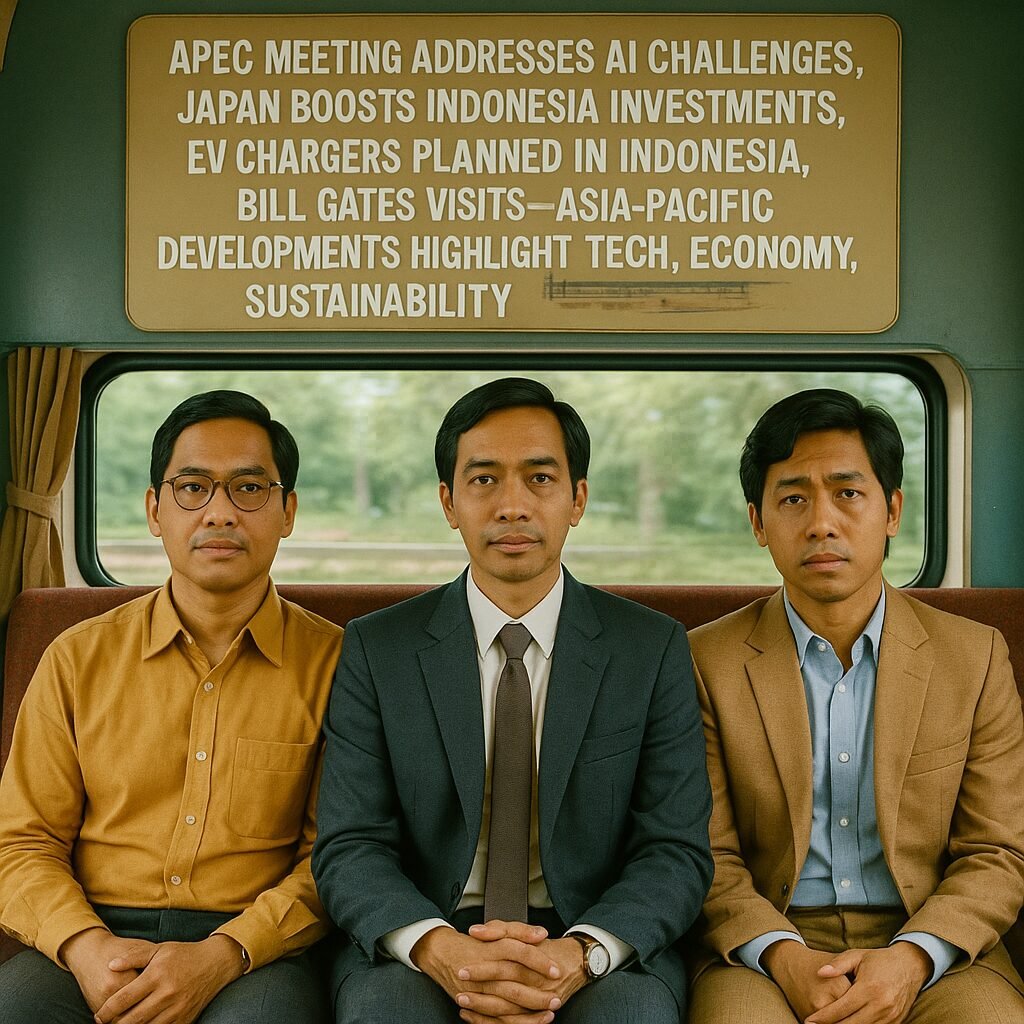- APEC economies discuss AI challenges and labor gaps in Jeju meeting.
- Japan Business Federation commits to boosting investments in Indonesia for economic collaboration.
- South Korea plans QR-based payment system launch in Indonesia, V-Green to establish EV chargers.

In a series of recent developments concerning the Asia-Pacific region, the APEC economies convened for a four-day meeting in Jeju, primarily focusing on the rising artificial intelligence (AI) challenges and labor gaps prevalent in the region’s workforce. The details of the meeting, as reported by ANTARA News, highlight the criticality of AI in shaping the future economic landscape of the region and the potential challenges it can pose to the labor market.
Simultaneously, ANTARA News also reported on the Keidanren, the Japan Business Federation’s commitment to bolster investments in Indonesia. The announcement was made by Indonesia’s Coordinating Minister for Economic Affairs, Airlangga Hartarto, signifying a potential uptick in the economic collaboration between Japan and Indonesia.
In related news, South Korea is planning to launch QR-based payment systems in Indonesia, as reported by Tech in Asia. This move can be seen as an extension of the increasing digitalization efforts in the region and the growing prevalence of fintech solutions. However, the specifics of this development, such as the timeline and the stakeholders involved, were not specified in the report.
Moreover, V-Green, an electric vehicle service provider, has announced plans to establish around 63,000 EV chargers in Indonesia, according to another report by Tech in Asia. This initiative aligns with the global push towards sustainable transportation and can significantly contribute to reducing the carbon footprint of the region.
Lastly, the visit of Bill Gates, the co-founder of Microsoft, to Indonesia was highlighted in a report by Etleboro.org. The specifics of the visit, such as the purpose and the key takeaways, were not detailed in the report. However, given Gates’ prominent role in global philanthropy and technological innovation, this development could potentially herald impactful collaborations or initiatives in the region.
In summary, these developments underscore an increased focus on technological advancements, economic collaboration, and sustainability in the Asia-Pacific region. The role of AI, digital payment solutions, electric vehicle infrastructure, and foreign investments emerge as key themes shaping the future trajectory of the region.

